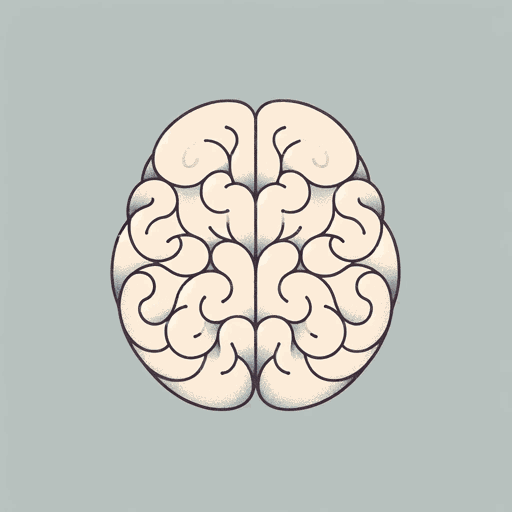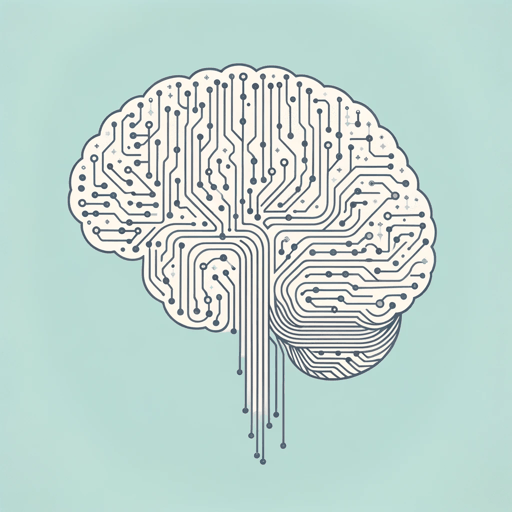54 pages • 1 hour read
Steven PinkerThe Blank Slate
Nonfiction | Book | Adult | Published in 2002A modern alternative to SparkNotes and CliffsNotes, SuperSummary offers high-quality Study Guides with detailed chapter summaries and analysis of major themes, characters, and more.
Themes
There is No Blank Slate
The major contention of Pinker’s book is that science shows that there is a “universal complex human nature.” Not everyone agrees. Various philosophers, social scientists, and religious leaders have promulgated the idea that humans are born with their minds as a kind of “blank slate,” advancing the view that humans are entirely the product of the social and cultural environment into which they are born. Pinker’s thesis, on the contrary, is that cutting-edge cognitive brain science undermines this idea and reveals an inherent universality to human nature. In the same way that computers come pre-loaded with software, we arrive with certain inherent cognitive, behavioral, and moral baselines.
The Blank Slate connects to another shared cultural idea with which Pinker takes issue: the Noble Savage, which contends that in their most primitive state, people are inherently peaceful and good. In other words, the violence that has been endemic to humans throughout history is not a result of internal nature but a response to a kind of corruption resulting from civilization. The final idea Pinker deconstructs is the Ghost in the Machine, the idea that there is a soul that is separate from the body.
Related Titles
By Steven Pinker






